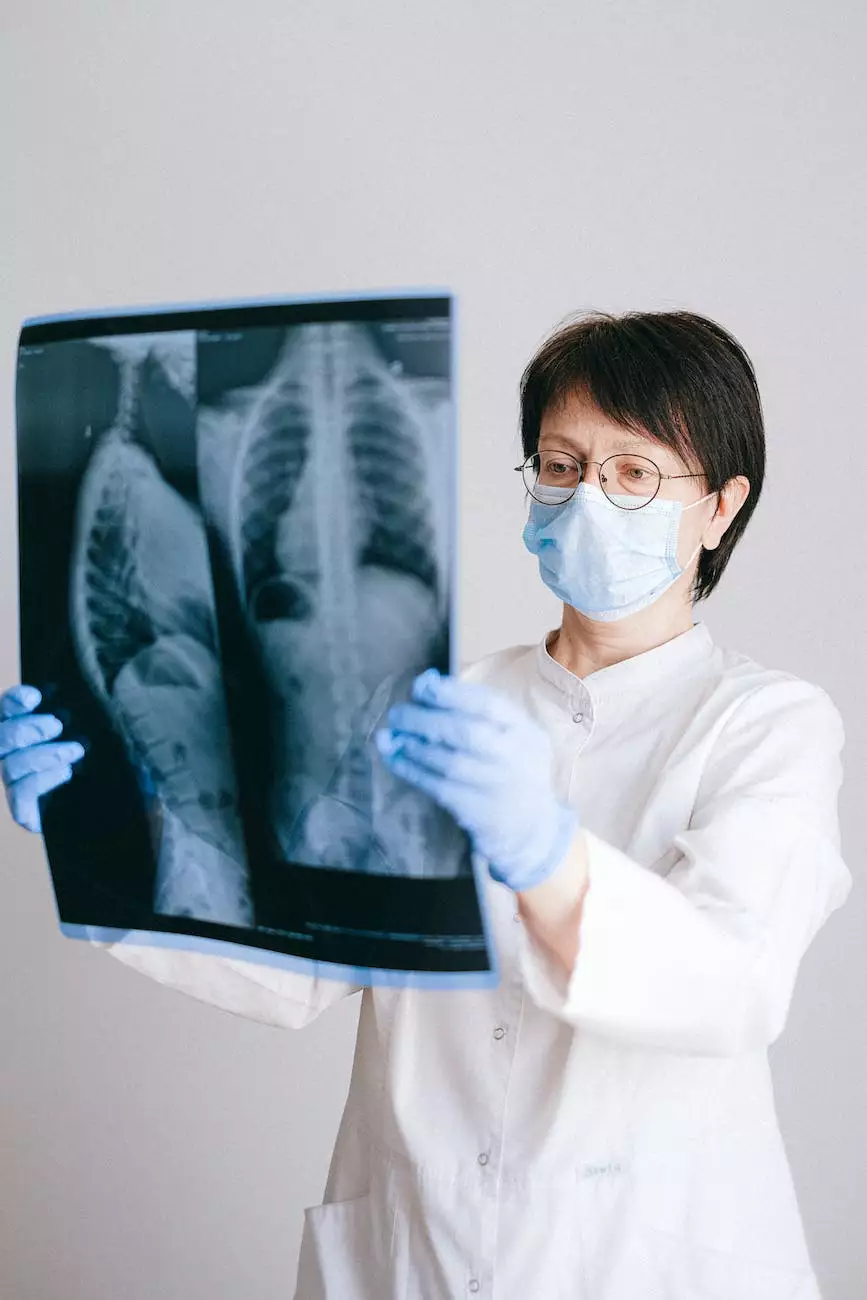Signs of Lung Cancer in Female Non-Smokers

Welcome to Neumark Surgery, your trusted medical center for all your lung cancer medical needs. We specialize in providing expert care and guidance for female non-smokers who may be at risk of lung cancer. In this comprehensive article, we will delve into the signs and symptoms of lung cancer in female non-smokers, helping you identify potential health issues and take proactive steps towards early detection and treatment.
Understanding Lung Cancer
Lung cancer is a malignant disease that occurs when abnormal cells grow uncontrollably in the lung tissues. While smoking is a well-known risk factor for lung cancer, it's important to note that non-smokers, including women, can also develop this disease. In fact, an increasing number of cases of lung cancer in non-smokers, particularly in females, have been reported in recent years. Early detection is crucial for effective treatment, so it's essential to be aware of the signs and symptoms associated with lung cancer in non-smoking women.
Common Signs and Symptoms
Recognizing the signs of lung cancer in female non-smokers can help in detecting the disease at an early stage, allowing for better treatment outcomes and improved prognosis. While some symptoms may be similar to those experienced by male non-smokers or smokers, there are specific signs that may be more prevalent in women. Here are some common signs and symptoms associated with lung cancer in female non-smokers:
- Persistent Cough: A persistent cough that lasts longer than a few weeks or changes in its severity, especially if it becomes worse over time, should not be ignored. Coughing up blood or having a hoarse voice may also be indicators of lung cancer.
- Shortness of Breath: Difficulty in breathing or experiencing shortness of breath during everyday activities, such as climbing stairs or walking short distances, may be a sign of lung cancer.
- Chest Pain: Unexplained chest pain or discomfort can be caused by various conditions, including lung cancer. If you experience persistent chest pain, it is essential to seek medical advice for a comprehensive evaluation.
- Unexplained Weight Loss: Sudden and unexplained weight loss without changes in diet or physical activity can be a warning sign of various underlying health issues, including lung cancer.
- Respiratory Infections: Recurrent respiratory infections, such as pneumonia or bronchitis, that do not respond to standard treatment may be an indication of an underlying lung condition, including lung cancer.
- Fatigue: Constant fatigue, even after adequate rest, can be a symptom of lung cancer. If you notice a sudden and unexplained decrease in energy levels and functional capacity, it's important to consult a healthcare professional.
- Weakness: Muscle weakness and general feeling of weakness can be associated with lung cancer, especially if it is accompanied by other symptoms like weight loss and fatigue.
- Back Pain: While back pain is a common complaint, persistent or unexplained back pain, especially in the upper back, could be an indication of lung cancer.
- Changes in Voice: A change in the sound of your voice or experiencing frequent hoarseness may be a sign of a lung-related condition, including cancer.
- Bone Pain: Advanced lung cancer may spread to other parts of the body, including the bones. Bone pain that does not resolve with time or traditional treatments should be evaluated by a medical professional.
When to Seek Medical Help
If you experience any of these signs and symptoms, it's crucial to seek prompt medical attention. Early detection and intervention play a vital role in improving treatment outcomes and overall survival rates. At Neumark Surgery, our team of experienced doctors and medical professionals can provide you with comprehensive assessments, accurate diagnoses, and personalized treatment plans catered to your specific needs.
Prevention and Risk Reduction
While there isn't a foolproof way to prevent lung cancer entirely, there are steps you can take to reduce your risk and promote healthier lung function:
- Avoid Secondhand Smoke: Limit your exposure to secondhand smoke, as it may increase the risk of developing lung cancer.
- Radon Testing: Ensure your home is adequately tested for radon, a naturally occurring radioactive gas that can enter buildings through cracks and openings, potentially raising lung cancer risk.
- Avoid Carcinogens: Limit exposure to potential carcinogens such as asbestos, diesel exhaust, and certain chemicals commonly used in industrial settings.
- Regular Check-ups: Schedule regular check-ups with your healthcare provider, allowing for early detection and timely intervention if any concerning symptoms arise.
- Healthy Lifestyle: Maintain a healthy lifestyle by eating a balanced diet, engaging in regular exercise, and managing stress effectively. These practices can enhance your overall well-being and potentially reduce the risk of developing lung cancer.
By adopting these preventive measures and staying vigilant about any changes in your health, you can take control of your well-being and minimize the risk of developing lung cancer.
Conclusion
Understanding the signs and symptoms of lung cancer in female non-smokers is crucial for early detection and effective treatment. By recognizing potential warning signs and seeking prompt medical attention, you can ensure a better prognosis and improved quality of life. At Neumark Surgery, our dedicated team of doctors and medical professionals are committed to providing specialized care and support for non-smoking women diagnosed with lung cancer. For more information or to schedule an appointment, visit our website neumarksurgery.com.
signs of lung cancer in female non smokers









